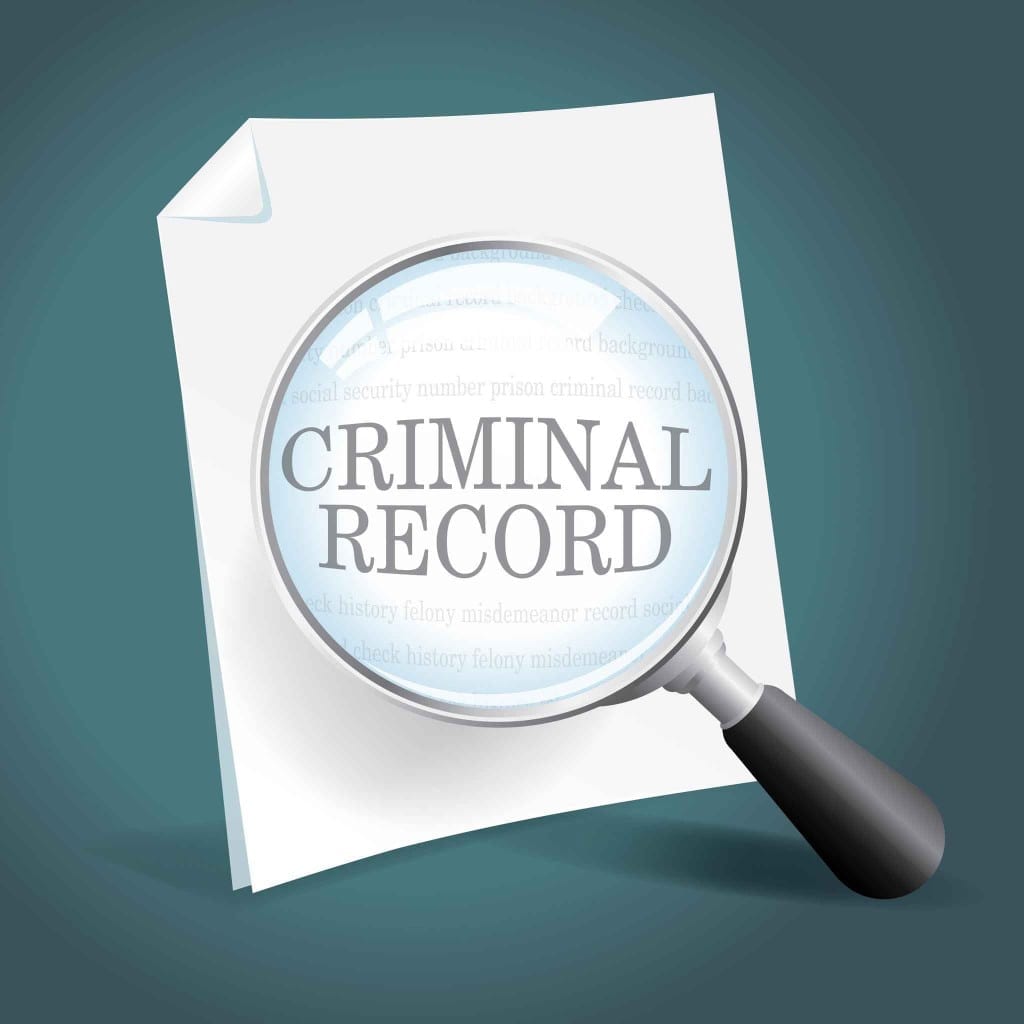When Can You Expunge or Seal an Adult Criminal Record?
Whether you were convicted of tax evasion or charged with petty theft, a tarnished criminal record can cause a lot of problems long after the crime was committed. Landlords might refuse to rent an apartment to you. Banks might deny you for a loan. College admissions officers could reject you for university admission or scholarship. Employers might not hire you for a job.
Thanks to the advent of the internet and growth of information technology, employers, landlords, and the like now have easy and instant access to criminal records online. Without legal action from you, charges and arrests will remain on your record for the rest of your life, even if the incident occurred years ago or you were never convicted for the crime.
Fortunately, Illinois law allows you to have your record expunged or sealed in certain cases. When expunged or sealed, the general public will not have access to your record, and you will not typically have to reveal your charge or conviction to others.
When Can You Expunge an Adult Criminal Record?
Under Illinois state law, you are eligible to have your record expunged if you have been arrested or charged, but never convicted of a crime. Supervisions and qualifying probations can also be expunged from your record, as well as completion of special first offender drug probation or TASC probation and juvenile offenses. In addition, if you were a victim of identity theft, any criminal records resulting from the theft are also eligible for expungement. To determine whether your specific situation qualifies you for expungement, review this worksheet provided by the Illinois government.
 If you do qualify for expungement, you must petition the State’s Attorney of your county, the state police, the Arresting Authority, and the Chief Legal Officer of the unit of local government affecting the arrest. Once you’ve submitted a petition, these agencies have 60 days to file an objection. For a more in-depth guideline of how to file your petition, see the instructions from the Illinois government.
If you do qualify for expungement, you must petition the State’s Attorney of your county, the state police, the Arresting Authority, and the Chief Legal Officer of the unit of local government affecting the arrest. Once you’ve submitted a petition, these agencies have 60 days to file an objection. For a more in-depth guideline of how to file your petition, see the instructions from the Illinois government.
When your petition for expungement has been accepted, your records—including arrest records, mug shots, and fingerprints— are destroyed or returned to you. The court file is impounded or sealed so the records are unavailable to the public from then on.
When Can You Seal an Adult Criminal Record?
While your record is ineligible for expungement if you were convicted of a crime for a criminal offense or municipal ordinance violation in Illinois, it may still be eligible for sealing. Most misdemeanor cases can be sealed if they do not involve a violent or sexual offense or intoxicated driving. However, felonies—with the exception of special drug or prostitution convictions—usually cannot be sealed. To find out whether your specific case qualifies for sealing, the Illinois government has a separate worksheet that you should consult.
The procedure for petitioning to have your records sealed is very similar to that of having them expunged. As with expungement, the Illinois government provides instructions on how to get your record sealed based on your particular scenario.
However, unlike expungement, your records are not destroyed in the sealing process. Instead, they are placed “under seal” so they cannot be accessed by the general public. After sealing, only law enforcement officials and select government agencies can access the file for special purposes.
The Advantages of Having Your Record Expunged or Sealed

When your record has been expunged or sealed, arrests and convictions are kept private from sensitive parties such as employers and landlords. In most case, you are not legally required to say you have been convicted or charged with a crime when questioned, and Illinois law prohibits employers from asking whether your record has been expunged or sealed in the past. Record expungement and sealing can even raise your credit score and help you qualify for a loan or housing.
So how exactly do you get your adult criminal record expunged or sealed?
Even with the aid of government worksheets and instructions, the process of having your record expunged or sealed is a long, complicated, and oftentimes overwhelming one. After all, the decision will have a huge impact on your professional, educational, and financial future. If you think you or a family member may qualify for expungement or sealing, don’t go through the complicated and stressful process on your own. Your best chance is to enlist the aid of an expert Chicago criminal lawyer with years of experience in the procedure. Your attorney will help you determine whether it’s best to apply for record expungement or sealing, then guide you through the petitioning process step-by-step.
About the Author:
Andrew M. Weisberg is a former felony prosecutor who now serves as a defense attorney in the greater Chicago area. He has extensive experience in handling all types of criminal cases, from sex offenses and domestic violence to retail theft-related crimes and drug crimes.







 Blog Home
Blog Home 










